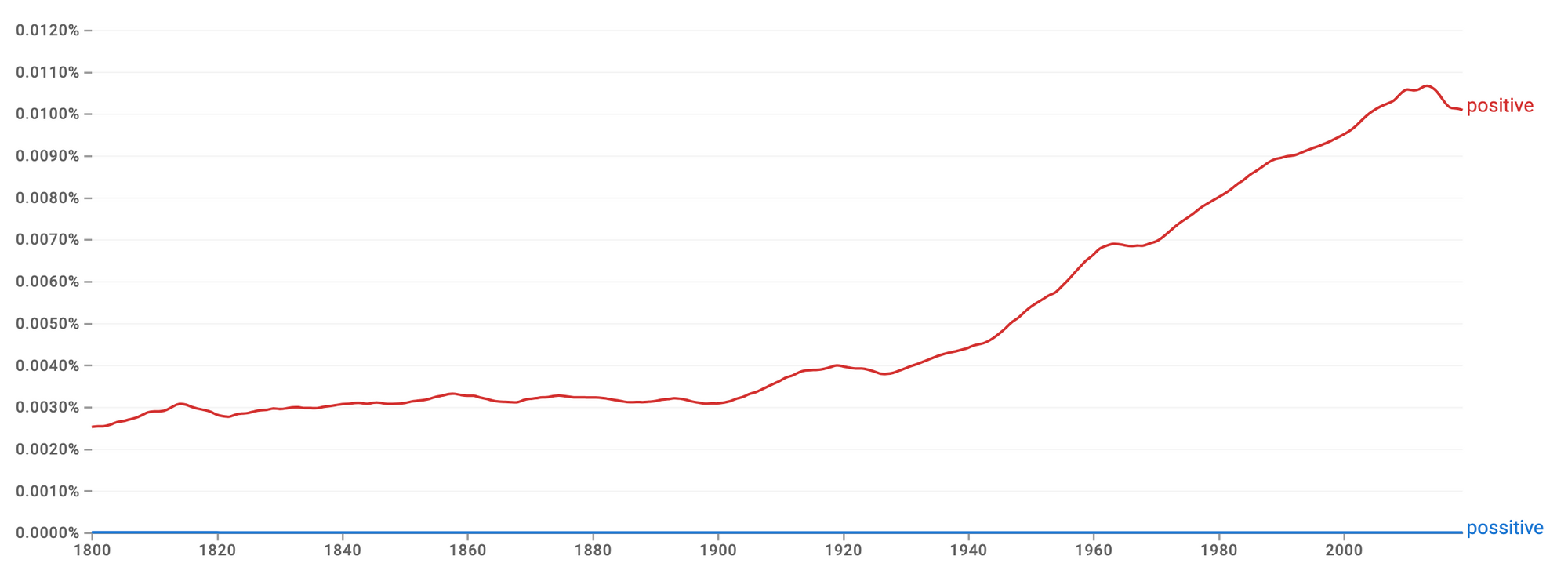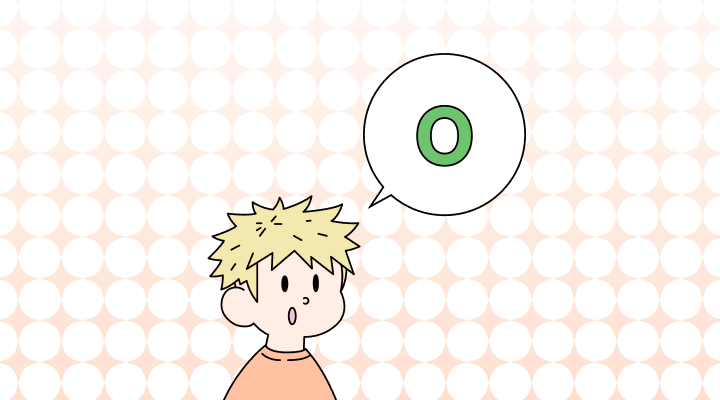- "Possitive" is an incorrect spelling of the word "positive."
- "Positive" refers to something characterized by optimism, affirmation, or the presence of desirable qualities, actions, or effects.
❌ Maintaining a possitive outlook in challenging situations can lead to better problem-solving and resilience.
✅ Maintaining a positive outlook in challenging situations can lead to better problem-solving and resilience.
In this context, "positive" suggests having an optimistic mindset or attitude, which can result in improved abilities to solve problems and bounce back from difficulties.
What does "positive" mean?
Imagine you're walking through a sunny meadow, with butterflies fluttering around and a warm breeze on your face. That feeling of joy, hope, and good things coming your way – that's "positive" in essence.
Here are some ways to think about "positive":
- Emotions: Feeling happy, excited, or hopeful are all positive emotions. They give us energy and motivation to face the world.
- Outcomes: A positive result to a situation, like passing a test or getting a promotion, feels positive. It means things are going well.
- Attitude: Choosing to see the good in things, even when things are tough, is a positive attitude. It helps us stay resilient and focused on the brighter side.
- Impact: Making a positive contribution to the world, like helping others or protecting the environment, can be a positive experience. It gives us a sense of purpose and meaning.
So, "positive" is far more than just a happy face; it's a whole range of good things, from feelings and outcomes to attitudes and impacts.

The use of "possitive" and "positive" over time
The Ngram graph below shows how often "possitive" and "positive" have been used from the 1800s to the 2000s. "Positive" has steadily climbed in use since the 1800s, while its misspelling "possitive" has always seen nearly zero use.

How to pronounce "positive"
In British English, "positive" is pronounced like "po·zuh·tuhv".
In American English, "positive" is pronounced like "paa·zuh·tuhv".
This is just the standard pronunciation, and there may be slight variations depending on regional accents and individual speech patterns.
Why would we misspell "positive" as "possitive"?
1. Typo: "Possitive" is essentially "positive" with an extra "s", which means someone could accidentally type an additional "s", resulting in the misspelling. This is especially common when typing quickly or not focusing closely on the spelling.
2. Phonetic Misinterpretation: Depending on their accent or dialect, some people might put an emphasis on the "s" sound in "positive". This phonetic similarity could reinforce the idea that it should be spelled with two "s"s.
Other common misspellings of "positive"
- Positve
- Positiv
- Posittive
- Posative
- Positieve
Example sentences of the misspelling of "positive" as "possitive"
- Remember to avoid the misspelling "possitive"; the correct term is "positive" when expressing optimism or affirmation.
- Using "possitive" in your writing may lead to confusion; opt for the accurate spelling, "positive," to convey positivity.
- Don't compromise the clarity of your message by using the incorrect spelling "possitive"; choose "positive" instead.
- It's essential to use the correct spelling; "possitive" is not a recognized term, while "positive" accurately conveys a favorable or optimistic meaning.
- Ensure your communication is precise by steering clear of the misspelling "possitive"; use "positive" to accurately represent a constructive or affirmative sense.
Example sentences of "positive"
- Maintaining a positive attitude can significantly impact one's overall well-being.
- The positive feedback from clients indicated their satisfaction with the product.
- Cultivating positive relationships is key to a healthy and supportive social environment.
- The team's positive collaboration resulted in a successful project completion.
- Adopting a positive mindset helps individuals navigate challenges with resilience.
- Positive thinking is associated with better mental and physical health outcomes.
- The optimistic forecast painted a positive picture for the company's future growth.
- Positive reinforcement is often more effective in encouraging desirable behaviors than punishment.
- The community rallied together with a positive spirit to overcome adversity.
- Acts of kindness contribute to the creation of a positive and uplifting community.
🖊️ Optimistic Meaning and Examples
🖊️ Merrit vs. Merit: Which is Correct?
Synonyms for "positive"
- Optimistic
- Affirmative
- Favorable
- Constructive
- Encouraging

Want to sound like a native speaker?
Engram’s AI-powered grammar checker makes your English sound like a native speaker’s, suggesting natural English expressions on top of fixing grammar, spelling, punctuation, word order, and vocabulary.

References:














